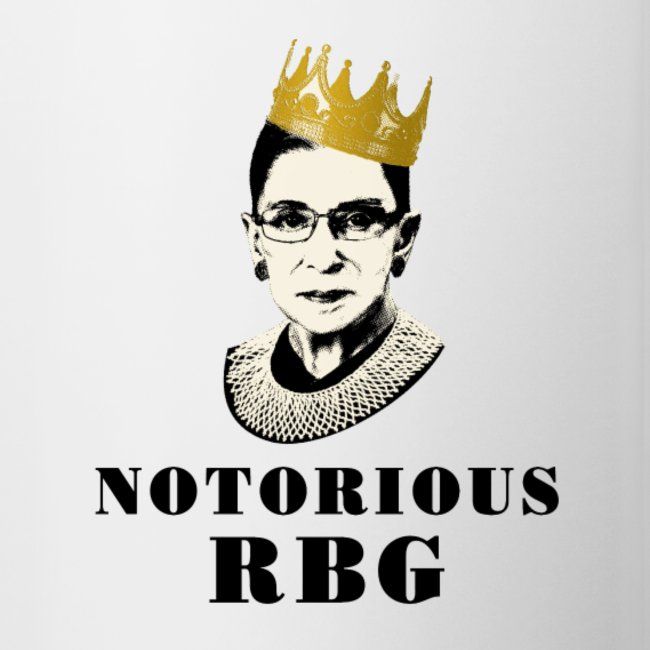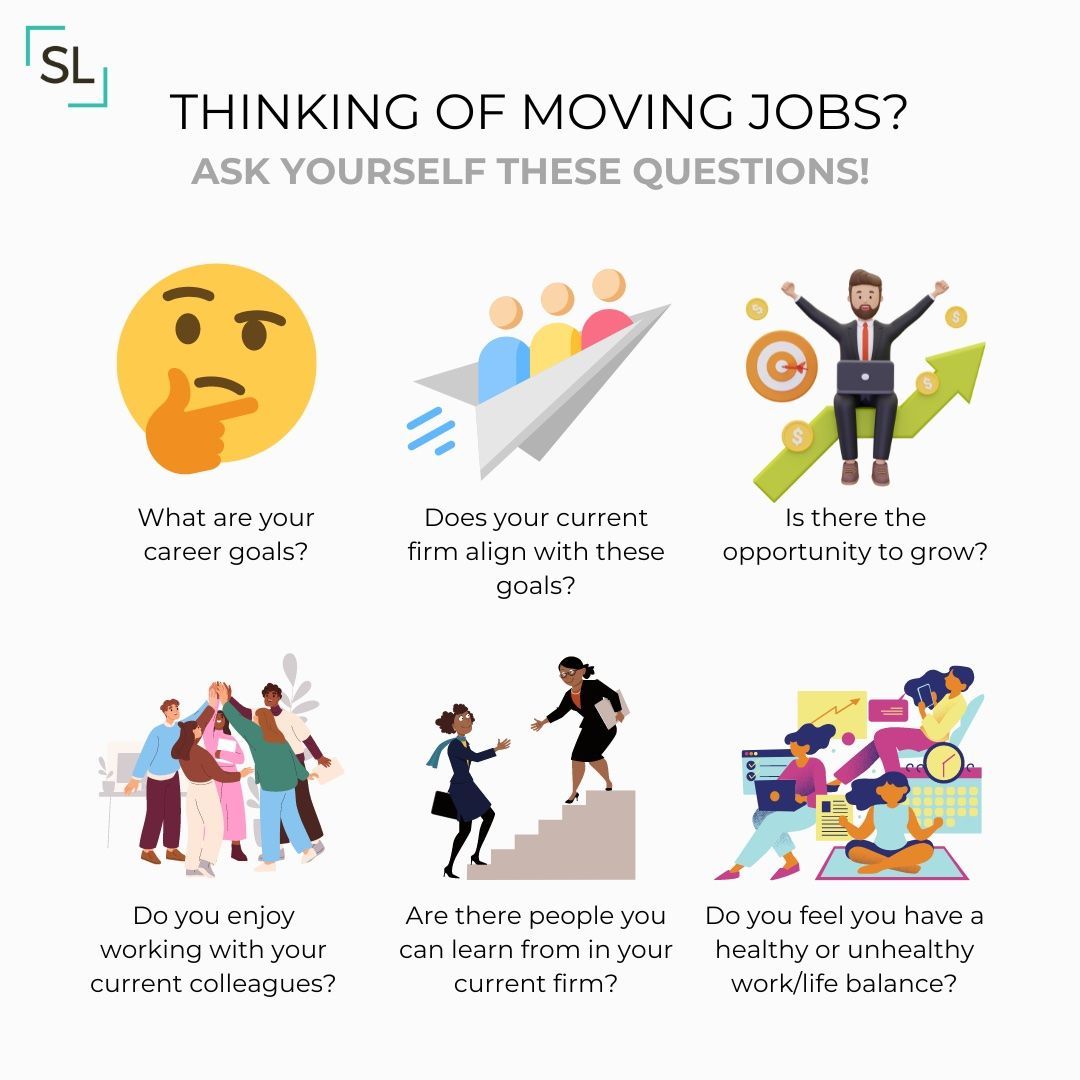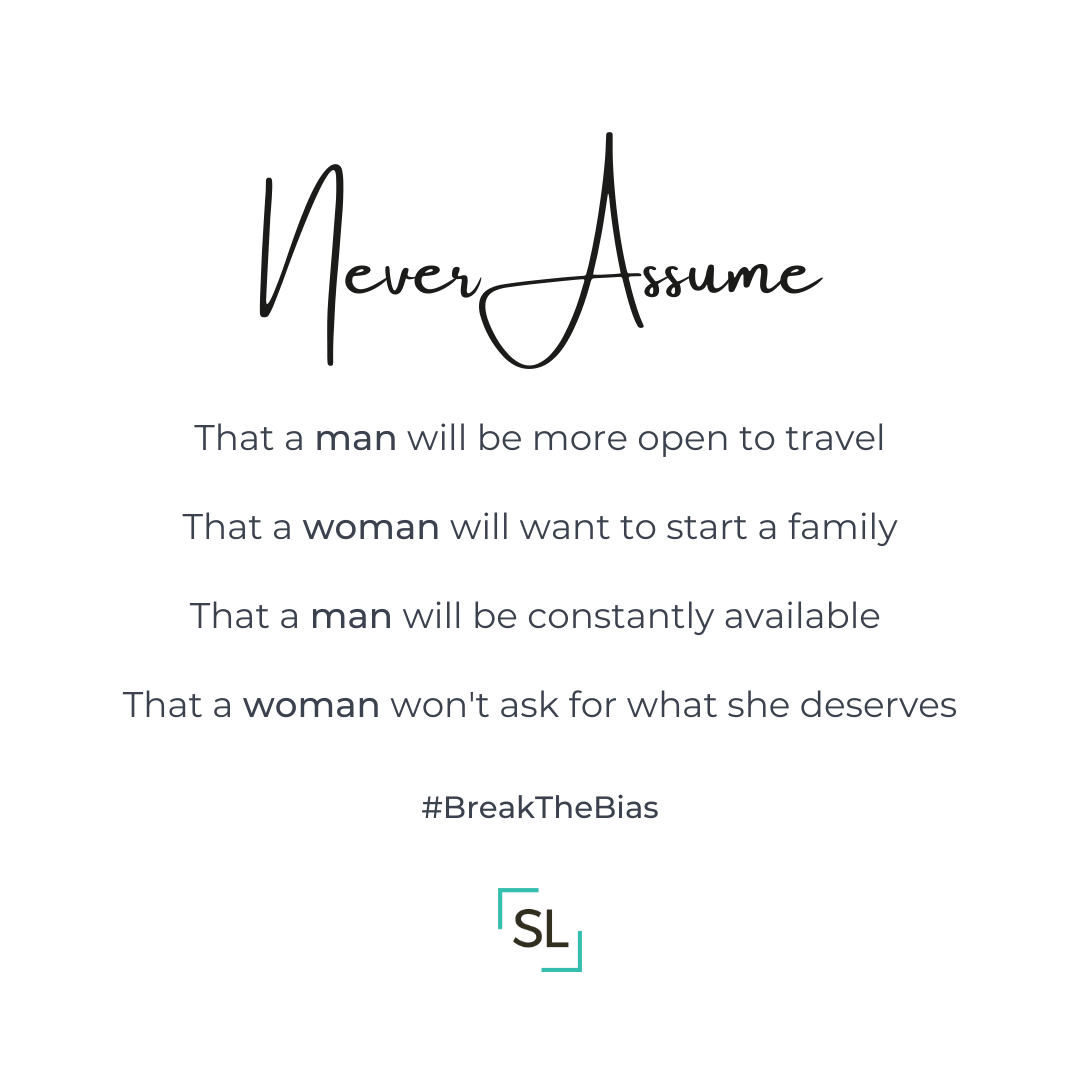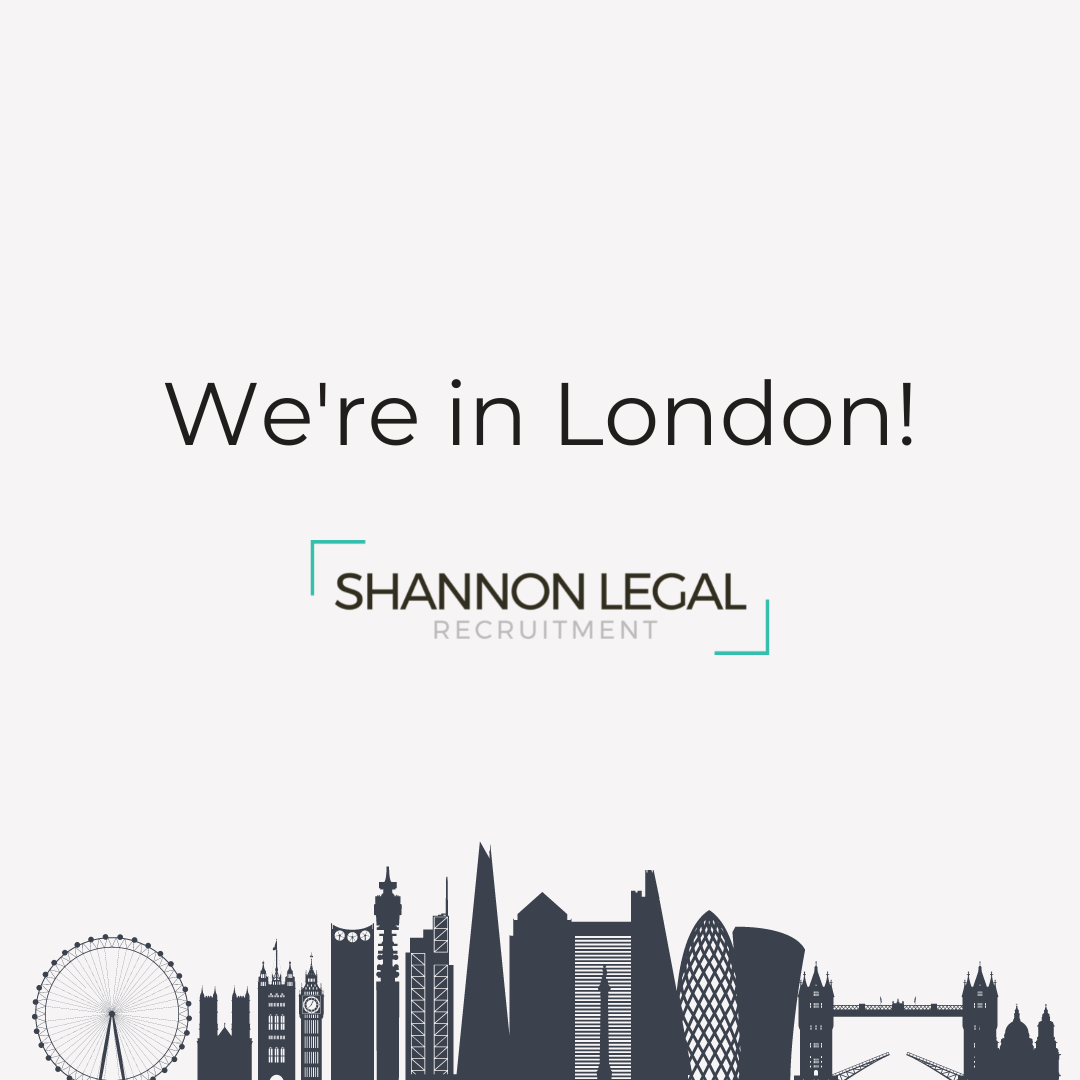A lesson from Ruth Bader Ginsburg
A home like this comes on the market once in a decade. It’s spacious, fully renovated and designed to the highest standards.

This time last year, I was an honour to speak at an event hosted by Tully Rinckey law firm in collaboration with the Irish Lawyers Women’s association and in aid of the Dublin Rape Crisis Centre. The event was a private screening of the ground breaking documentary, ‘RBG’, to a limited audience at the Lighthouse Cinema, Smithfield, Dublin 7 followed by a panel discussion on the advancement of gender balance and participation of women in the Irish legal sector.
‘RBG’ is an excellent documentary chronicling the life and career to date of Ruth Bader Ginsburg, who was the second woman to serve on the Supreme Court in the United States.
As a law student and lawyer in America in the 1950’s, Ruth Bader Ginsburg certainly encountered her fair share of discrimination based on her gender.
In 1956, Ginsburg enrolled at Harvard Law School, where she was one of only nine women in a class of about 500 men. The Dean of Harvard Law reportedly invited all of the female law students to dinner at his family home and asked the female law students, including Ginsburg, "Why are you at Harvard Law School, taking the place of a man?". Further, upon graduating at the top of her class, no law firm in New York would hire her, because she was a woman.
These personal experiences led her to dedicate her career to the fight for gender equality. During the 1970s, Ginsburg was a leading figure in gender-discrimination litigation. During the decade, she argued before the Supreme Court six times, winning five cases.
There was no mystery or magic to RBG’s rise to the top of the legal profession. She got to where she is today through quiet persistence and an unwavering commitment to making a difference in the world.
At the event, the panel was comprised of Maeve Delargy, Associate at Arthur Cox, Noeline Blackwell, CEO of the Dublin Rape Crisis Centre and Orla O’Connor, Director of National Women's Council of Ireland (NWCI) and MC’d by Grainne Loughnane, a Partner in Tully Rinckey Ireland's Dublin office. For me, whilst so much improvement has been made since the 1950’s for females in the workplace (thankfully!) I wanted to offer my opinion on the advancement of women in law and any trepidation female candidates might feel when putting themselves forward for a job or a promotion.
In Ireland at the moment, there are more female lawyers than male lawyers; 52% to 48%. However, at Partner level in the law firms, 33% are female, 67% are male.
What is happening at the senior level in law firms which means that female solicitors are either not progressing to Partner level or opting out of private practice altogether? (68% of in-house practitioners are female).
Generally, many will suggest factors such as the unsuitability of the long working hours prevalent at law firms when rearing children or caring for family members, compounded by the responsibility for such matters being disproportionately carried by women. But, when I was asked if there is any difference, in my experience, between men and women within the legal profession in terms of putting themselves forward for more senior roles, I was reminded of the Hewlett Packard internal report, published by the Harvard Business Review that concluded the following;
“Men will apply for a job when they meet only 60% of the qualifications, but women apply only if they meet 100% of them”
This statistic is usually invoked as evidence to suggest that women need more confidence in themselves.
But, when I thought about it further, I realised that this might not necessarily be true. When I think of the professionals I consult daily; discussing their career paths, ambitions, assisting with their job applications – I can honestly say that I see very little difference in how women and men approach a new opportunity in that, I don’t see a confidence gap.
What I see, instead, is that women tend to display a different approach when following “the rules of the game”. In that, if business (including law firms) is a game where the players are always aiming to progress higher and higher, then men tend to follow the rules more casually than women, in my experience. Maybe it's in our DNA or perhaps we have been socialised to do so, but I think we assume that requirements on a job specification are exactly that, requirements.
This is backed by a survey conducted by the Harvard Business review of professionals who when asked “why didn’t you apply for a job”, the number one answer was not because “I didn’t think I could do the job well” – in fact, this was the least common response amongst the women surveyed. The most common was this: “I didn’t think they would hire me since I didn’t meet the qualifications and I didn’t want to waste time and energy”
Since I am very aware that a job description is essentially a wish list of the absolute ideal candidate (I sometimes assist clients in producing them!) I encourage women to see the requirements as what they are (and maybe how men see them) as guidelines/suggestions of what the employer is looking for rather than absolute necessities. The same applies when putting yourself forward for a promotion.
If the opportunity is of interest, I advise to apply and then use whatever opportunities you can to explain why your experience is relevant to the job – such as a cover letter/email or recruiter. It is my opinion that what holds females back at times is not a mistaken perception about themselves and their abilities but a mistaken perception about the hiring or promotion process. Ruth Bader Ginsburg never doubted her abilities, it was the system she was in that held her back, not her confidence.
I see the statistic only as a wake-up call; that not everyone is playing the game the same way you are. Like what Ruth Bader Ginsburg did, instead of accepting everything as it is, whether it's going for the job you want or promotion you deserve, it's time to question the way in which things are done, and maybe then we will stop questioning ourselves. After all, rules are made to be broken!
The next time you are thinking, can I do this? Should I do this? I implore you to ask yourself the question that I will ask myself from now on - “what would Ruth do”?










